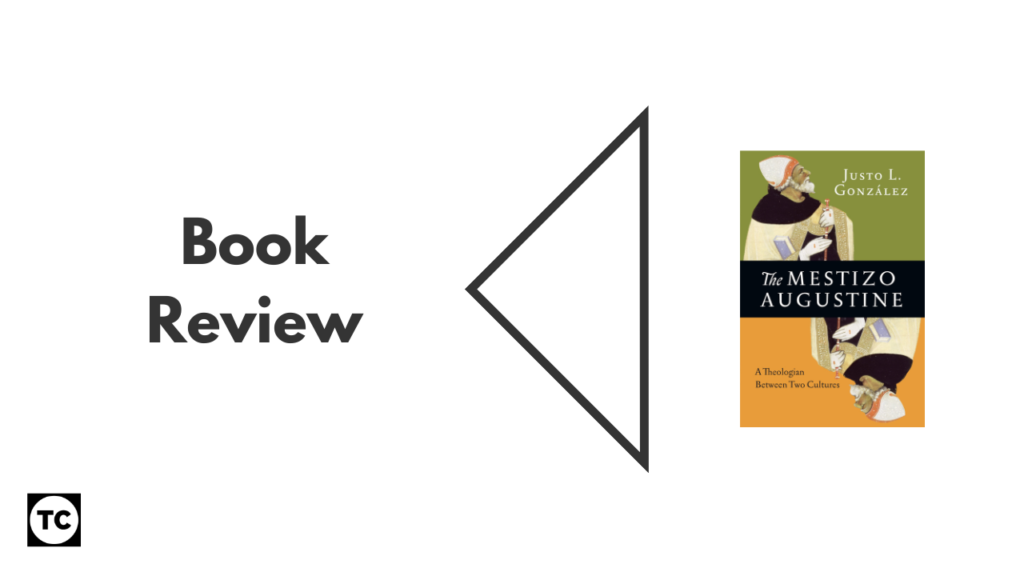
Sometimes you get hold of a new book and you can’t wait to read it – other times, you (or rather I) pluck something off a shelf because it catches your eye. As I shared at the start of the year I’m trying to diversify my reading – so the book I’m reviewing today is partly plucked off the shelf for that. And partly because Augustine is important. The Mestizo Augustine by Justo L. Gonzalez is a short, readable and very helpful book that considers the life, ministry and testimony of Augustine through the idea of ‘mestizo’. I’ll let Gonzalez’ own words explain some of what that means:
“Rarely is mestizaje purely bipolar, for quite often the two poles of that mestizaje have within each ofthem signs of their own mestizaje, thus leading a mestizo [the person ‘between’ two or more cultures] to live amidseveral realities, many of them clashing among themselves… In the case of Augustine, his mestizaje is not simply the encounter between the African and the Roman. Inasmuch as he is an African, he also reflects the mestizo reality of the region, where even before the arrival of the Romans there was a mixture and clash of views and traditions… And on the Roman side, it is best not to speak of a Roman culture, but rather of a Greco-Roman one, for the Romanitas Augustine knew was to a great degree also Greek“
So too, of course, are all of us caught between cultures. For instance, I’m a Christian protestant living in a rapidly secularising country, a theologically educated man who does a day a week looking after his daughters, and relatively young for my role. Different things come into focus at different times and places – for example visiting the USA, which is very different! The culture we live in becomes the air we breathe and our ‘norm’ – and so books like this are helpful, to prod and poke our prejudices. For example, Gonzalez rightly notes that “Latin Christian theology did not arise in Rome or even elsewhere in Western Europe, but rather in North Africa“. The book is peppered with almost causual learning and observations that make it valuable, I think.
The Mestizo Augustine is a relatively short book – 8 chapters, under 180 pages including an index – but covers both Augustine’s development as a person, thinker and disciple, and the way that his theology evolved and grew. Particularly noteworthy points include his relationship with his mother, Monica, and her instilling into him the value of community for faith. This perhaps subtly shapes three of the chapters, where Gonzalez outlines Augustine’s relationships with the communities of the Manichaeans, the Donatists, and the Pelagians – and how Augustine responded to and engaged with them. Here is not just theological disagreement and sharpening, but cultural engagement.
I’d recommend this book to anyone who is interested in Augustine – if you are only barely aware of him and his work, Gonzalez’ offers a sympathetic and honest portrait of a Christian intellectual giant; if you are well read Augustinian-ly speaking, then Gonzalez offers a helpful alternate perspective. This is – because it is about Augustine – a worthwhile read, too, for anyone interested in Church history, and how that history can inform and inspire the action, thinking and teaching of the church in the present.
Leave a Reply